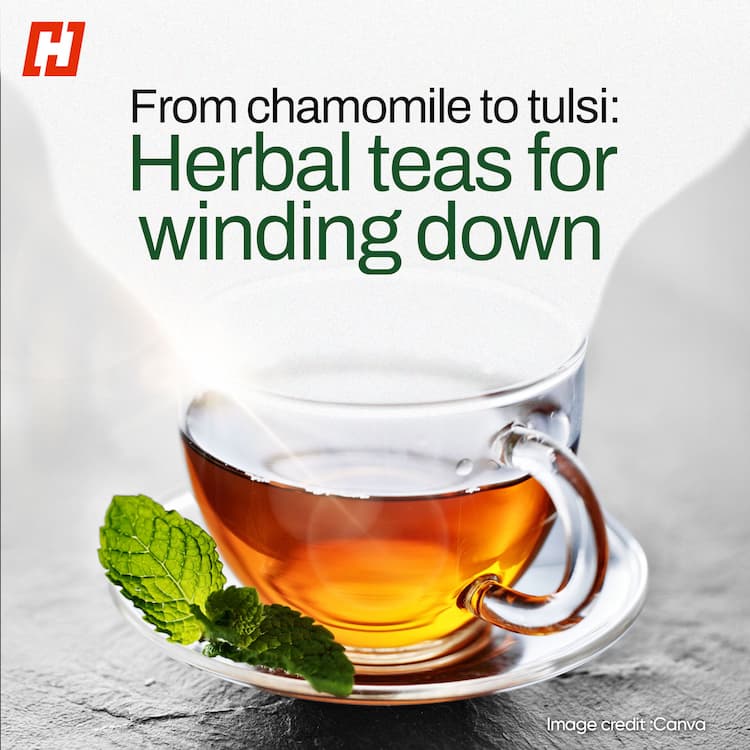A one of its kind delicacy
The delectable Kakori Kebab, one of India’s finest delicacies, has a story as rich as its flavour. Originating from the small town of Kakori near Lucknow in Uttar Pradesh, this royal kebab carries with it a story of culinary brilliance and historical charm.
Kakori Kebabs were crafted by Awadhi rakabdars (royal cooks) as a softer and more delicate version of the highly popular seekh kebabs of Awadh. They are grilled on skewers and typically served with Indian breads, especially naan.
The royal origin of Kakori Kebab
The legend about how Kakori Kebabs originated dates back to the rule of the Nawabs of Awadh, famed for their lavish feasts. In the late 1800s, Nawab Syed Mohammad Haider Kazmi of Kakori, a local lord of Lucknow, hosted a banquet for one of his British friends during the mango season.
Among the royal spread was the traditional seekh kebab—flavourful but slightly coarse. The Nawab’s khatirdari (hospitality) took a hit when a British official made a harsh remark about its coarse and chewy texture. Offended, the Nawab asked his cooks to fix the issue the very next day.
After much experimentation, the royal cooks came up with the Kakori Kebab, made with finely minced mutton, blended with raw papaya as a natural tenderizer, and infused with over 30 aromatic spices including cloves, cinnamon, cardamom, and nutmeg. The secret behind the softness and distinct flavour of these kebabs lay in the use of Malihabadi Dasheri mangoes to tenderize the meat.
An exquisite recipe comes to life
The result? A silken, succulent kebab that crumbles at the lightest touch, earning its reputation as a culinary masterpiece. Traditionally cooked on skewers over charcoal, Kakori Kebabs, thus, earned a permanent spot in Awadhi culinary hall of fame.
Kakori Kebabs soon became popular across the entire region of Awadh and became synonymous with the region’s opulent culinary heritage, even inspiring several other kebab recipes.
Despite their royal origins, Kakori Kebab remains less popular as street food compared to their close cousin, the Galouti Kebab. However, their soft texture and delicate flavour continue to make them a sought-after delicacy at festive gatherings.
Image source: Dera Times, Sweet and Savoury, Vogue
*This article has been curated by Hook. All claims and opinions expressed belong to the original author. Hook does not verify or endorse the information presented and is not responsible for its accuracy.*






